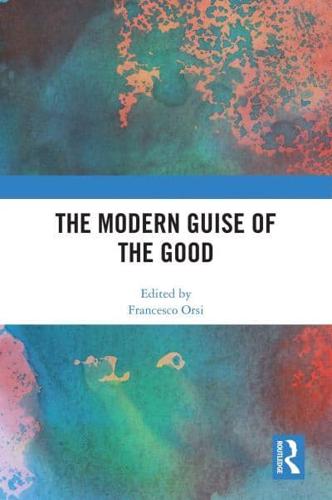Publisher's Synopsis
This book is the first-ever collection dedicated to the guise of the good in early modern and later Western philosophy. It spans three centuries from Thomas Hobbes to Henry Sidgwick and features original contributions by some of the finest scholars.
One of the staple items of Western philosophy is the idea that we can only desire, or pursue, something under the guise of the good: if we see nothing good about it, we cannot want it. After enjoying its heydays in ancient and medieval philosophy, this idea, nowadays labelled "the guise of the good", might seem at first glance to recede into relative obscurity in the early modern and later periods. The contributions to this volume prove that this is not so. Each of the eight chapters shows how the guise of the good was understood, revised, sometimes defended, sometimes attacked, by philosophers such as Hobbes, Spinoza, Locke, Leibniz, Hume, Kant, J. S. Mill, and Sidgwick. In some cases, the volume features the first-ever dedicated treatment of an author's take on the guise of the good. In other cases, it offers exciting new perspectives on ongoing scholarly debates.
Given the recent resurgence of interest in the guise of the good as a topic of contemporary discussion, The Modern Guise of the Good will appeal not only to historians of philosophy, but also to philosophers working at the intersection of ethics and philosophy of mind and action. This book was originally published as a special issue of Philosophical Explorations.









